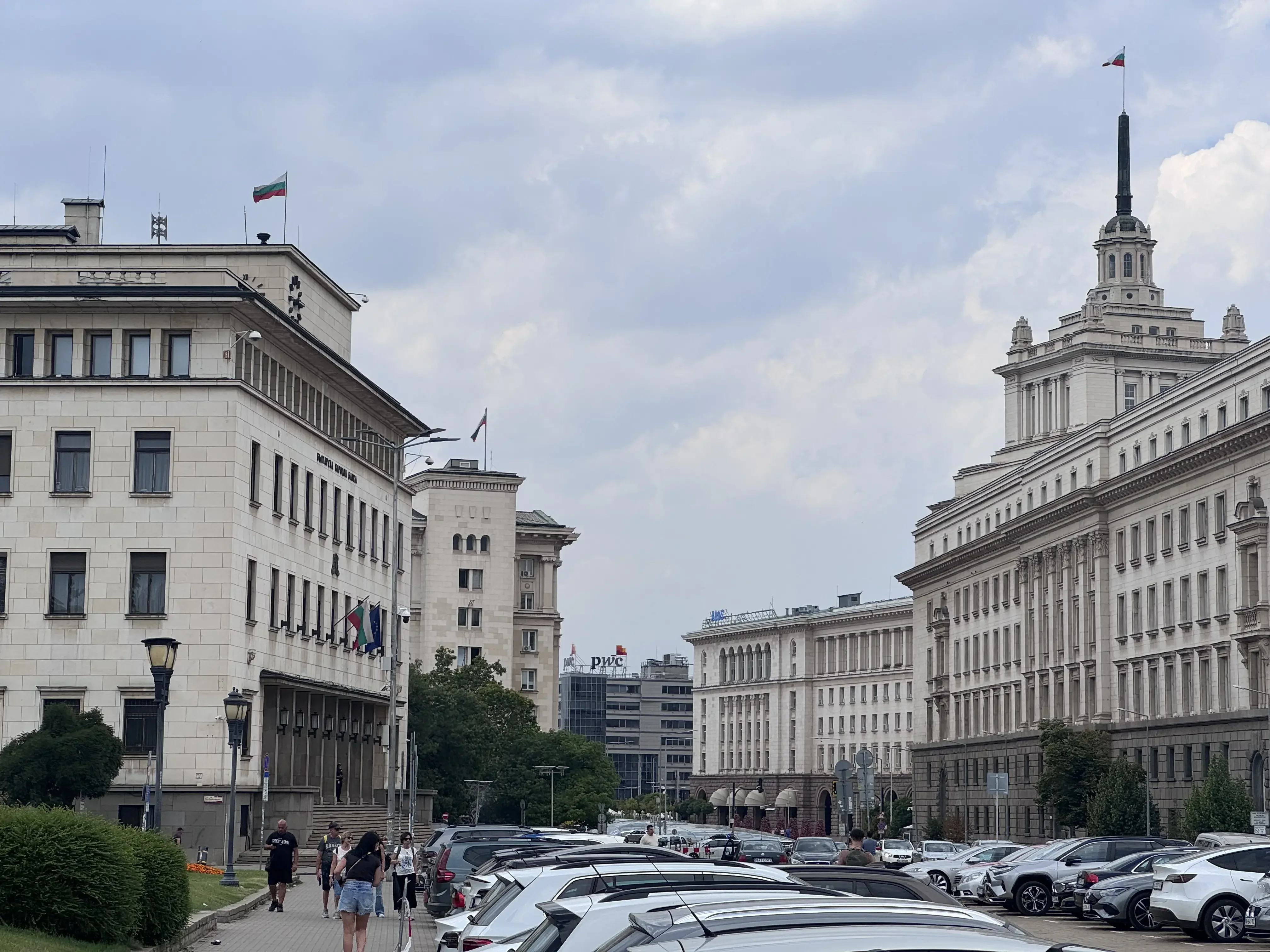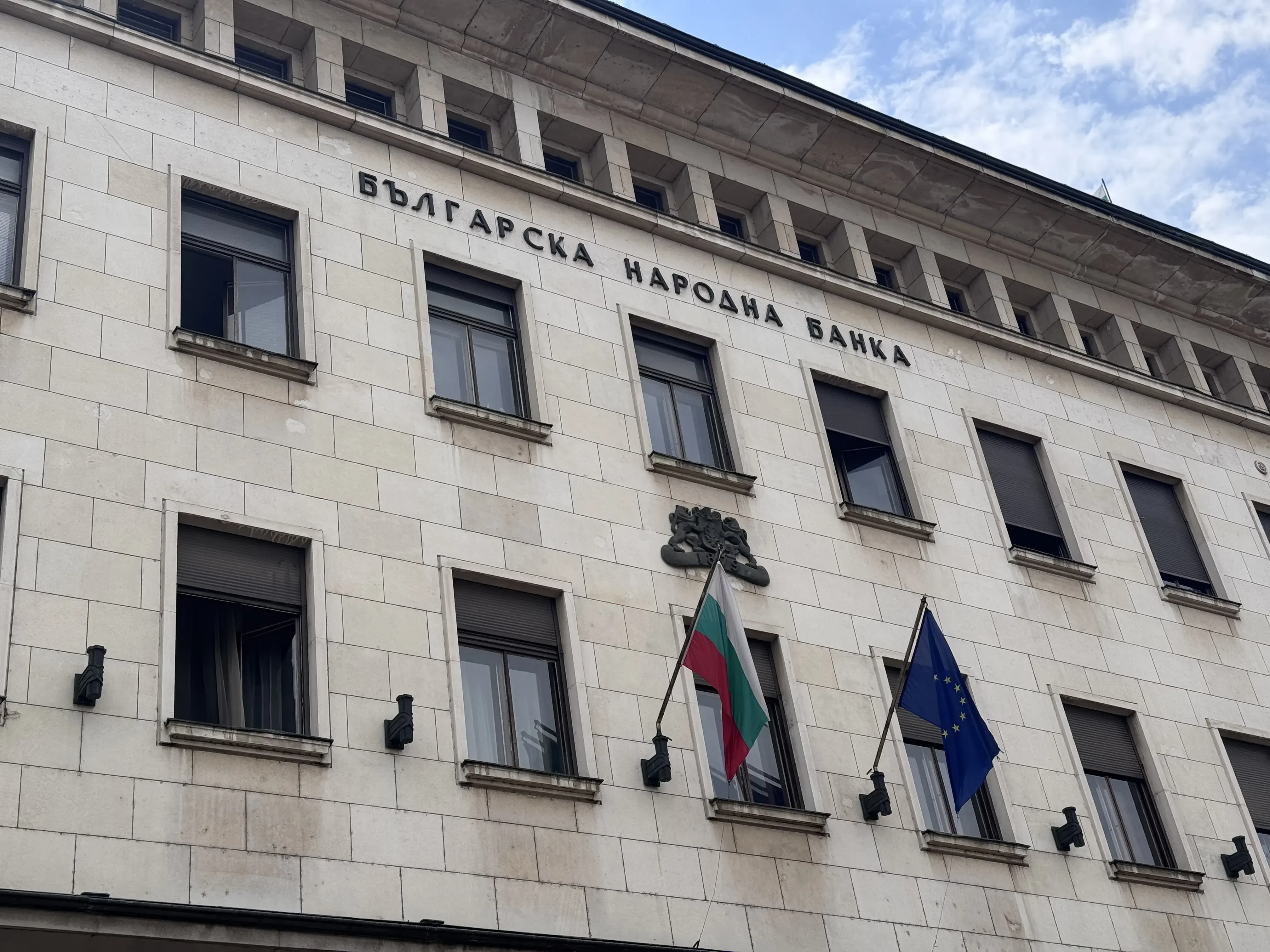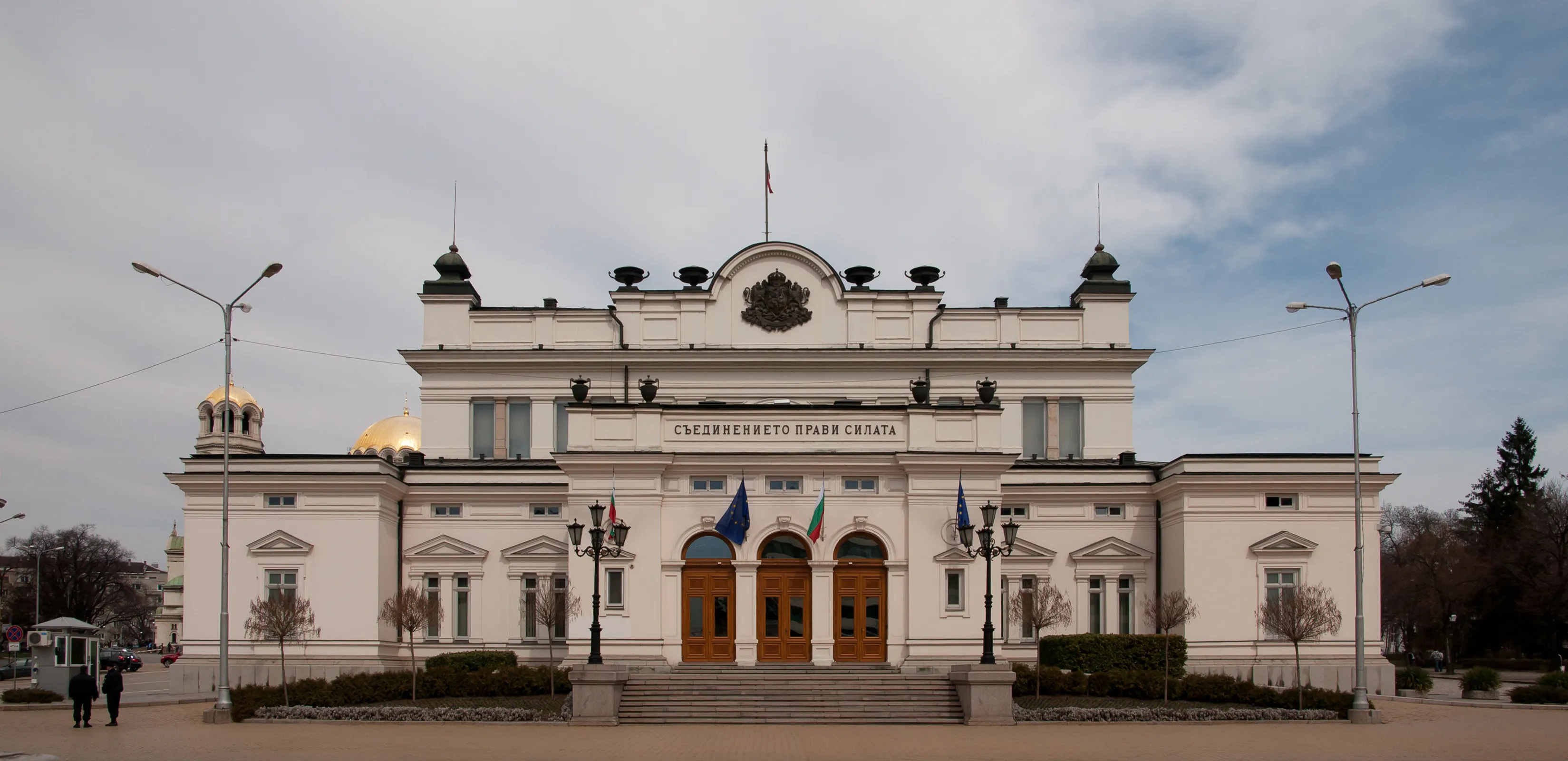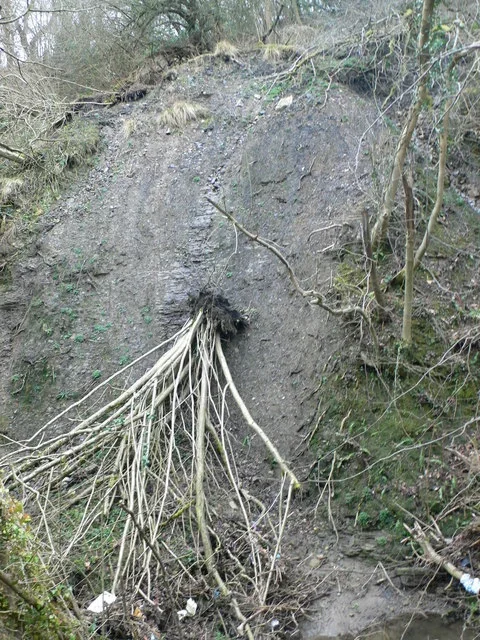In the midst of an unfolding water crisis: Parliamentary commission adopts emergency measures after more than three hours of debate.
Sofia, Bulgaria — Amid rising public tension and anticipation of decisive action, the Commission on Environment and Water held an extraordinary meeting that lasted more than three hours. Emotions were palpable, and the discussions, at times tense, focused on one of the country's most serious problems – the water crisis. Ultimately, after intense debate and voting, a draft resolution was approved to take urgent measures to deal with the situation.
The draft, submitted jointly by members of parliament from GERB-SDS, "BSP - United Left", "There Is Such a People" and "DPS - New Beginning", received broad support, being adopted with 12 votes "for", one "against" and three abstentions. One of the key measures included in it is the creation of a National Water Board. The Council of Ministers is expected to form this board within two weeks. Its main goal will be to coordinate the efforts of all interested institutions to overcome the crisis in 2025, as well as to prevent future similar events.
The problem is massive, but the solutions are yielding results
The chairman of the commission and one of the sponsors of the adopted draft, **Mladen Shishkov (GERB-SDS)**, emphasized that investments in the rehabilitation of water supply and sewerage systems are already yielding visible results. He nevertheless acknowledged that the overall picture remains difficult, as the problem is of an extremely massive scale.
"The overall picture remains unchanged, because the problem is extremely massive", Shishkov stated.
He pointed out that in the places where rehabilitation has been carried out, water losses have decreased by over 60%, which proves the effectiveness of the actions taken. With a total network length of over 90 thousand kilometers, continuing the policy of rehabilitation and building new facilities is essential for achieving a sustainable effect.
Rejected proposals and critical evaluations
Despite the adopted draft, the meeting was also marked by a sharp exchange of words. Right at the start of the debates, representatives of the opposition and the ruling party confronted each other on the issue of responsibility for the water shortage. The parliamentary group of "We Continue the Change - Democratic Bulgaria" (WCC-DB) made direct accusations against the government for not taking the necessary actions. A thesis with which GERB-SDS and "DPS - New Beginning" strongly disagreed.
It was the WCC-DB proposal that was rejected with 11 votes "abstentions" and 5 "for". The draft resolution proposed by **Krasimira Katincharova from "Vazrazhdane"** was also not adopted, as it received the support of only three MPs, while 13 abstained.
Against the background of this tension, the MP **Khusni Adem from "Alliance for Rights and Freedoms"** stated that "Any action, so that the problem of these 500 thousand people with water shortages can be solved, will be supported by the parliamentary group".
Analysis of the situation by government officials and experts
The meeting was attended by key figures from the executive branch, including the Minister of Environment and Water **Manol Genov**, his deputy **Atanas Kostadinov**, as well as the Minister of Regional Development and Public Works **Ivan Ivanov**.
Minister Genov reassured the public by stating that at the moment "we cannot talk about a critical water shortage in terms of water for drinking and domestic supply".
He nevertheless emphasized that extremely restrictive measures are being applied with regard to the use of water for irrigation.
For his part, Minister Ivanov presented alarming statistics, according to which as of **August 18**, 260,868 people in 16 cities and 283 villages have been affected by disrupted water supply. He pointed out that one of the main problems is underground water sources, especially in small populated areas. As a specific example, the minister pointed out that in Pleven there is no built surface water source, and the city, like Troyan, Lovech and the surrounding villages, is supplied by a river.
You may also like
 Lawyers and PP Discussed Procedures for Selecting Regulators: How to Avoid Corruption?
Lawyers and PP Discussed Procedures for Selecting Regulators: How to Avoid Corruption? Budget and Finance Committee Adopts Rules for the Election of a BNB Deputy Governor
Budget and Finance Committee Adopts Rules for the Election of a BNB Deputy Governor Budget Committee Meeting Did Not Take Place Due to Lack of Quorum
Budget Committee Meeting Did Not Take Place Due to Lack of Quorum Landslide in Varna region causes accident: Sewer collector ruptured
Landslide in Varna region causes accident: Sewer collector ruptured
The meeting was also attended by representatives of the National Association of Municipalities, as well as various civil and professional organizations. The latter also presented their views on possible measures to deal with the crisis, which gave the debate an even broader and more expert character.




Коментари (0)
Все още няма коментари.